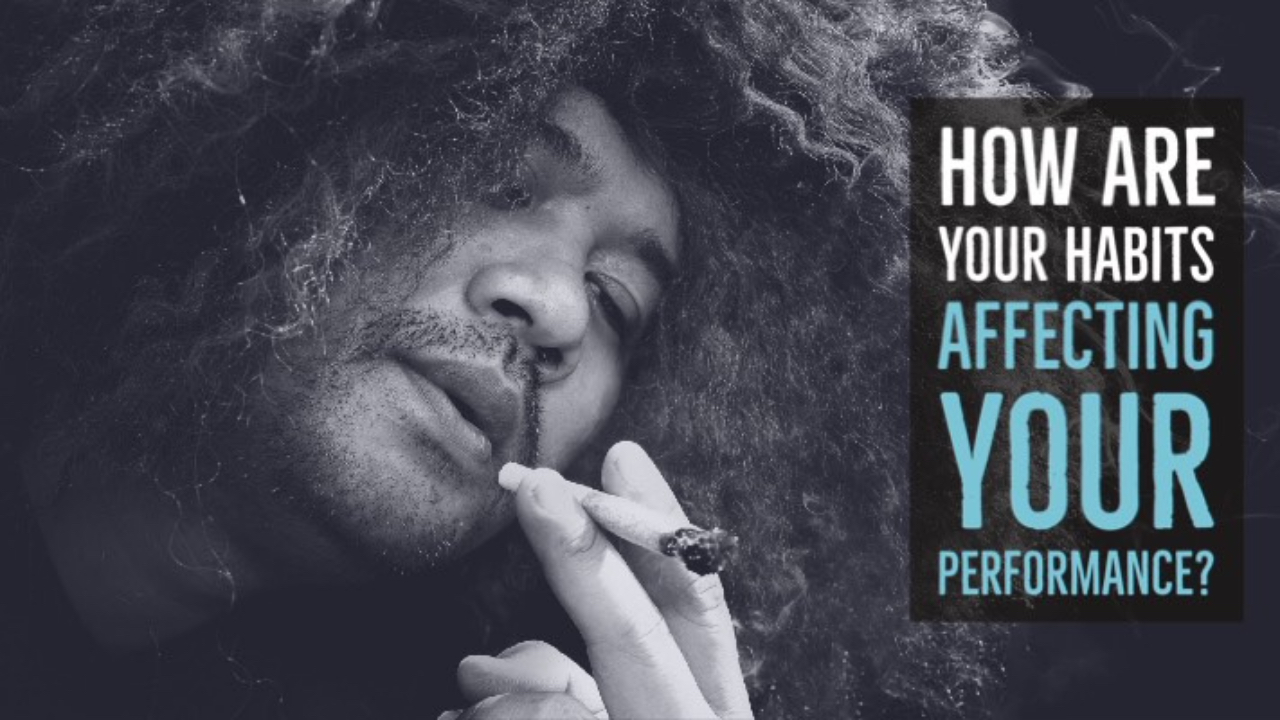
Pumping Up Your Lifestyle: How Poor Habits Increase Inflammation and Diminish Athletic Performance
Throughout my many years in the gym, I've noticed something interesting. We can be religious about our workout routines, but if our lifestyle habits aren't on point, we might still find ourselves lagging behind. And often, inflammation is the culprit. Let's dive deep into how our daily choices can affect our bodies and performance.
1. What is Inflammation, Anyway?
Before we tackle lifestyle habits, it's essential to understand inflammation. At its core, inflammation is the body's natural response to injuries or foreign invaders like viruses and bacteria. It's not all bad—sometimes, it helps our bodies heal. But when inflammation becomes chronic, it can wreak havoc on our system.
2. Poor Lifestyle Choices and Inflammation
Many of our daily habits contribute to chronic inflammation. Here are some of the top culprits:
-
Diet: Consuming processed foods, sugars, and trans fats can kickstart inflammation. Opt instead for whole foods, fresh fruits, and vegetables1.
-
Lack of Sleep: Not getting those 7-9 hours can increase inflammation markers in your body2.
-
Stress: High stress levels? Cortisol, the stress hormone, can lead to elevated inflammation.
-
Excessive Alcohol: Sorry, party animals, but overindulgence can inflame your liver and other body systems3.
-
Smoking: Beyond its many other risks, smoking can lead to inflammation and decreased blood flow.
3. How Inflammation Affects an Athlete
Alright, so inflammation's bad. But how does it impact our athletic performance?
-
Performance Drops: Inflammation can reduce muscle function and joint mobility, leading to decreased strength and speed.
-
Recovery Time: A body that's battling inflammation might take longer to recover after a workout4.
-
Mental Fog: Chronic inflammation might make it hard to focus and stay motivated.
-
Physical Appearance: In some cases, inflammation can lead to visible puffiness or bloating—something none of us wants!
4. The Impact on Mindset and Physical Confidence
Being an athlete isn't just about physical prowess—it's also about mindset. And when you're battling the effects of inflammation:
-
You might doubt your abilities.
-
Your motivation to hit the gym could decline.
-
You might feel less confident in your body's appearance, leading to a drop in self-esteem.
5. Getting Back on Track
But it's not all doom and gloom! By recognizing these habits and taking steps to adjust:
-
Revamp your diet to be more anti-inflammatory. Think more omega-3s, green tea, and turmeric5.
-
Prioritize sleep. Your body (and mind) will thank you!
-
Find healthy ways to manage stress—be it through meditation, reading, or a relaxing hobby.
-
Limit alcohol intake and, if possible, quit smoking.
In conclusion, while we can't avoid all sources of inflammation, being aware of our habits and making positive changes can greatly impact our athletic performance and overall well-being. Here's to healthier choices and smashing those fitness goals!
Footnotes
-
Harvard Health Publishing. “Foods That Fight Inflammation.” ↩
-
Irwin, M. R. (2019). Sleep and inflammation: partners in sickness and in health. Nature Reviews Immunology, 19(10), 702-715. ↩
-
Osna, N. A., Donohue, T. M., & Kharbanda, K. K. (2017). Alcoholic liver disease: pathogenesis and current management. Alcohol Research, 38(2), 147. ↩
-
Peake, J. M., Neubauer, O., Della Gatta, P. A., & Nosaka, K. (2017). Muscle damage and inflammation during recovery from exercise. Journal of Applied Physiology, 122(3), 559-570. ↩
-
Kiecolt-Glaser, J. K., Epel, E. S., Belury, M. A., Andridge, R., Lin, J., Glaser, R., ... & Blackburn, E. H. (2013). Omega-3 fatty acids, oxidative stress, and leukocyte telomere length: A randomized controlled trial. Brain, Behavior, and Immunity, 28, 16-24. ↩




